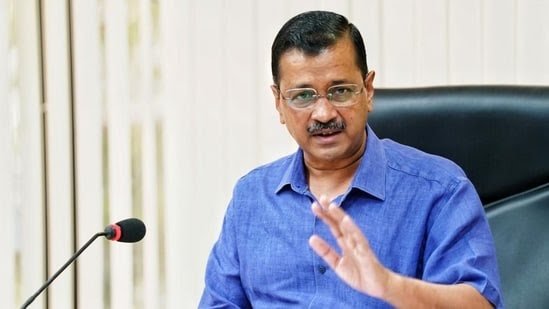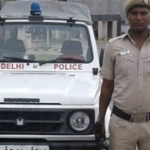
In a significant display of protest against the recent ordinance brought by the BJP-led central government, Chief Minister Arvind Kejriwal of Delhi has decided to skip the Niti Aayog meeting. The ordinance effectively strips the elected Delhi government of its executive control over the bureaucracy, which was previously granted by a Supreme Court verdict on May 11. Joining Kejriwal in this demonstration of dissent is Chief Minister Bhagwant Mann of the Aam Aadmi Party (AAP)-ruled Punjab, who also announced his decision to boycott the Niti Aayog meeting scheduled for Saturday.
The move by the central government to retract the Delhi government’s control over services has ignited tensions between the ruling party and the opposition, as well as raising concerns over the autonomy of state governments. The ordinance, which was recently introduced by the BJP-led government, has sparked a fierce political debate and drawn criticism from various quarters.
In a letter addressed to Prime Minister Narendra Modi, Chief Minister Arvind Kejriwal expressed his inability to attend the Niti Aayog meeting due to the contentious ordinance. He outlined his grievances and reiterated the importance of upholding the democratic principles and the rights of elected governments. Kejriwal emphasized that the ordinance undermines the authority and mandate of the elected government, creating a conflict between the Centre and the state.
Kejriwal’s decision to boycott the Niti Aayog meeting signifies his commitment to fight for the autonomy and rights of the Delhi government. The move is seen as a strong message of protest against what the Delhi government perceives as a deliberate encroachment upon their powers. The Chief Minister’s absence from the meeting aims to draw attention to the injustice faced by the elected government and highlight the need for dialogue and a fair resolution.
Supporting Kejriwal’s stance, Punjab Chief Minister Bhagwant Mann also announced his decision to boycott the Niti Aayog meeting. The AAP leader expressed solidarity with the Delhi government, stressing the importance of upholding the democratic principles and respecting the autonomy of elected governments.
The collective boycott by the Chief Ministers of Delhi and Punjab underscores the growing discontent among opposition-led states towards the central government’s recent actions. The move is likely to intensify the ongoing political discourse and trigger further debates on the balance of power between the Centre and the states.
As the situation unfolds, all eyes will be on the central government’s response to the concerns raised by the Chief Ministers. The boycott of the Niti Aayog meeting serves as a reminder that the autonomy and authority of elected governments should be respected, and any decisions affecting their powers should be made through constructive dialogue and consensus.
The coming days will reveal the course of action taken by the Delhi and Punjab governments, as well as the central government’s response to address the growing unrest among opposition-led states. The outcome of this situation will have significant implications for the functioning of federalism in India and the power dynamics between the Centre and the states.











